Lauding ‘Khayyam’ satellite launch, Iran president vows advanced aerospace feats
President Ebrahim Raeisi has hailed the launch of Iran’s remote-sensing 'Khayyam' satellite in collaboration with Russia, saying the Islamic Republic is set to witness new achievements in the field of aerospace technology in near future.
President Raeisi made the remarks during a cabinet meeting on Wednesday, a day after the satellite was launched into orbit 500 kilometers above the Earth’s surface by a Soyuz-2.1b rocket, from the Russian-operated Baikonur Cosmodrome in neighboring Kazakhstan.
The satellite will send high-resolution images four times a day, which will be used to monitor Iran’s borders and improve the country’s capabilities in the areas of agriculture, natural resources, environment, mining, and natural disasters, according to reports.
The Iranian president said his government intends to accelerate advancements in aerospace technology where the country has lagged behind in the past, listing out environment, mineral exploration, natural hazard management, and border monitoring as key areas.
“In the future, we are going to witness the unveiling of new achievements in the field of aerospace science that would render a remarkable service to [the areas of] environment, mineral explorations, natural disaster management, and border control,” he said.
He described the successful launch of the 'Khayyam' satellite as a commendable feat by Iranian scientists in collaboration with their Russian counterparts.
Earlier in the day, addressing a press conference, Hassan Salarieh, head of the Iranian Space Agency (ISA), offered more details about the process leading to the Khayyam satellite’s manufacturing and launch process.
The orbiter was produced based on an order placed by Iran with a Russian company, he said, noting that the satellite "reached the manufacturing stage based on parameters determined by Iran and also under the Islamic Republic’s [own] supervision.”
The official described Khayyam as a satellite with such imaging accuracy that has made it capable of shooting images with a resolution of one meter.
The Islamic Republic intends to continue the aerospace cooperation with Russia, he asserted, announcing that more satellites would be manufactured with higher imaging accuracy in the coming years so the country’s needs in the area are taken care of.
The satellite’s data are captured via the north-central Iranian Mahdasht space base, Salarieh said, noting that the space agency was both equipping other available bases and also launching more, including mobile ones, that could receive the satellite’s data.
Salarieh dismissed claims that the orbiter served espionage purposes, saying spying satellites were of different sizes and weights than Khayyam—which weighs 600 kilograms—and were placed in different orbits.
According to the official, the Islamic Republic chose Russia for cooperation due to Moscow’s status as a pioneering country in the field of aerospace.
Also on Wednesday, Iran’s minister of communications and information technology announced that in the coming weeks, a new satellite launcher will be tested that is capable of carrying satellites weighing as much as 100 kilograms.
Issa Zarepour said the country plans on developing indigenous launchers in the coming years that could launch satellites weighing more than 500 kilograms.
He also said that data was received four times on Wednesday from the satellite, adding that the production line of such satellites will remain active in cooperation with Russia.
On Tuesday, Iran’s Foreign Ministry Spokesman Nasser Kan’ani praised the launch of the Khayyam satellite as a breakthrough, saying the scientific achievements of the country will continue despite sanctions.
“The launch of the Khayyam satellite into space is the latest achievement of Iranian space scientists for peaceful purposes and another golden page in the history of the Islamic Republic of Iran’s scientific achievements,” Kan’ani said.
Israeli airstrike kills at least 7 people in Rafah
VIDEO | Iranians hold nationwide demos in support of IRGC
Syria condemns US veto of Palestine UN membership resolution
Iraqi resistance forces hit Israeli Ovda air base
Hackers break into Israeli military’s computers, access trove of documents
Tulkarm Brigade commander killed by Israeli forces in raid on refugee camp
Zionist media desperately trying to turn Israeli defeat into victory: Iran
VIDEO | Press TV's news headlines


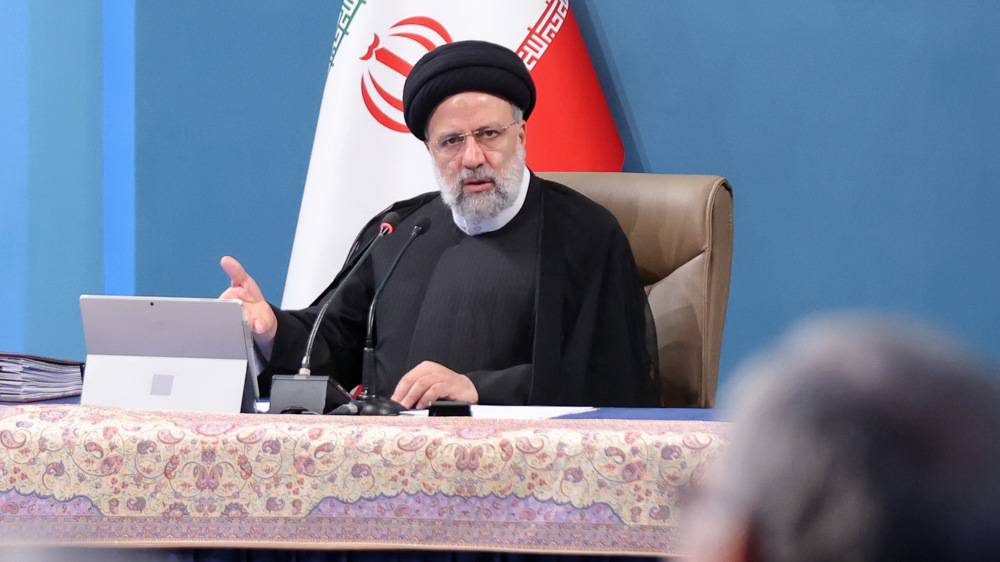
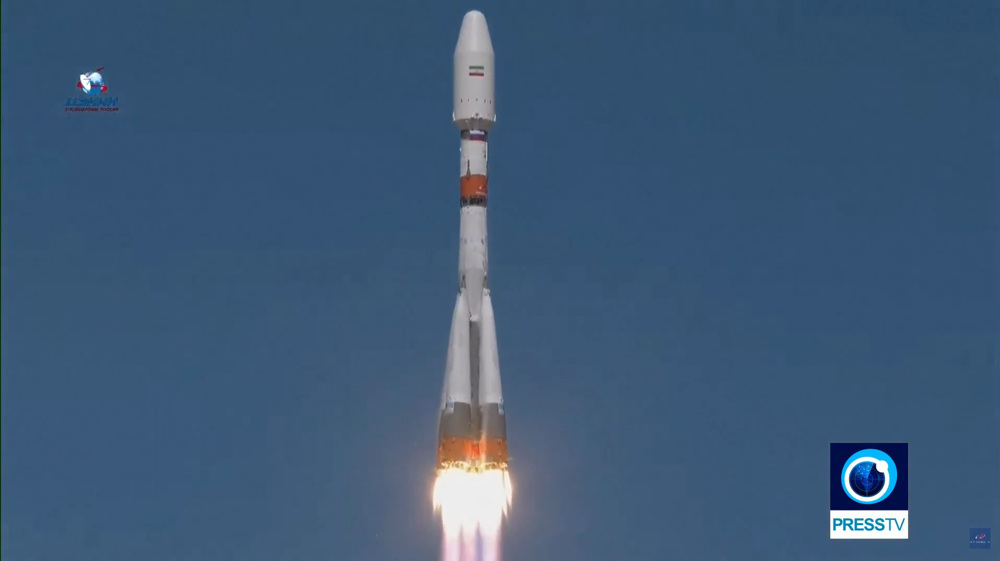
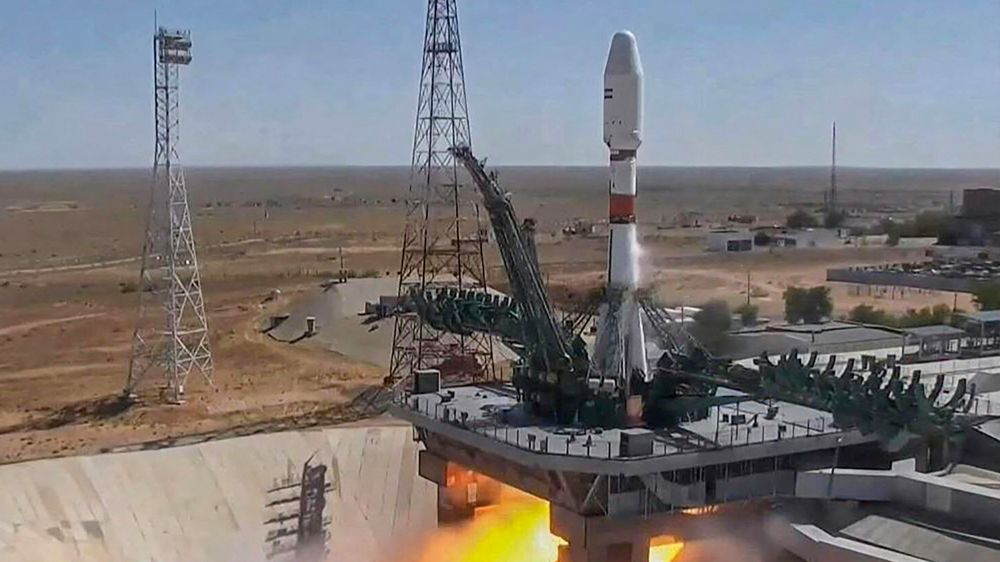
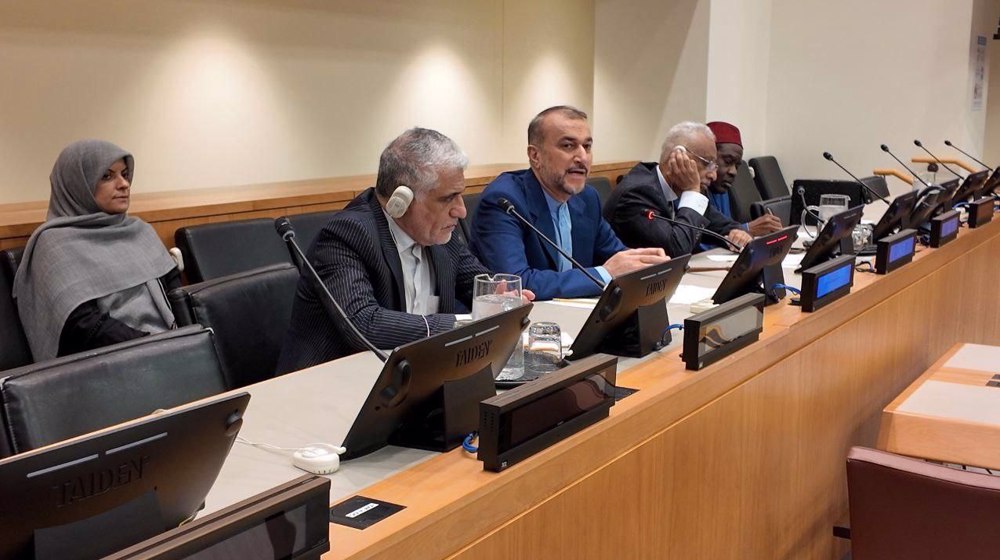

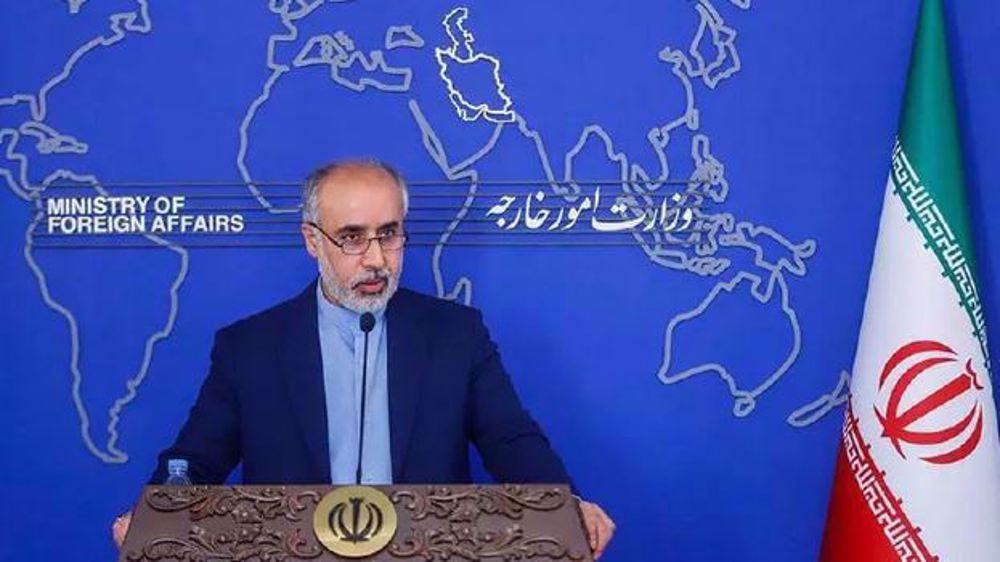



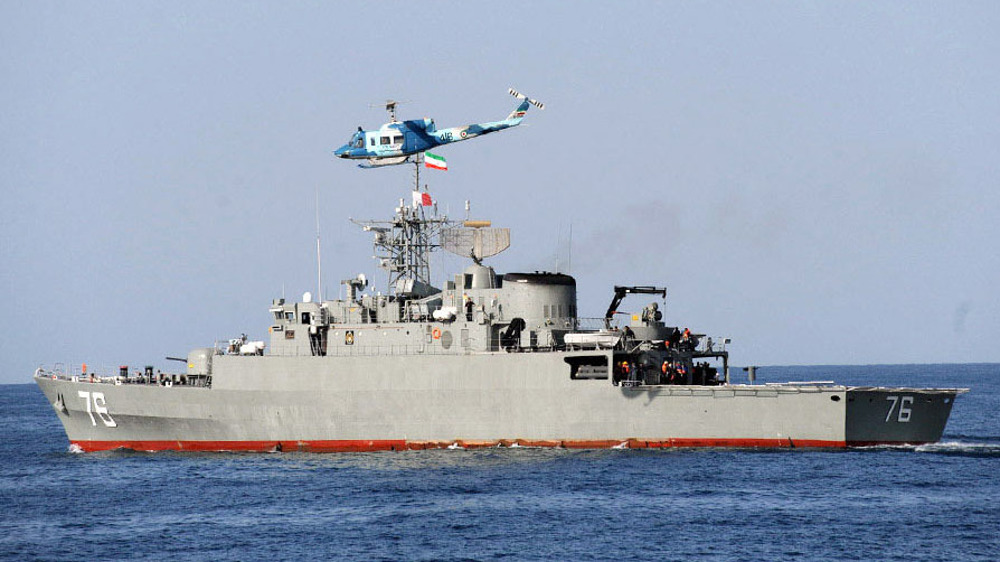
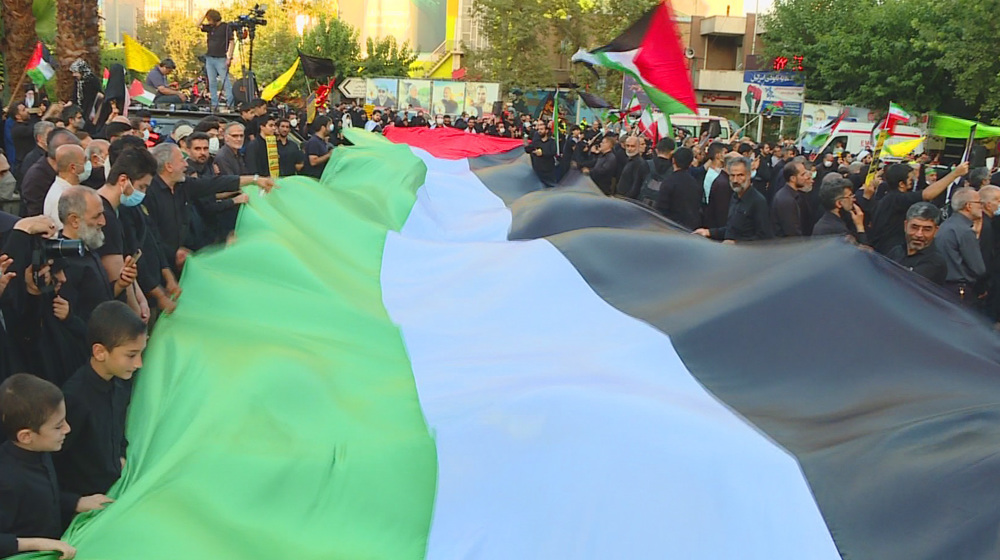


 This makes it easy to access the Press TV website
This makes it easy to access the Press TV website